SUMMARY
This is AI generated summarization, which may have errors. For context, always refer to the full article.
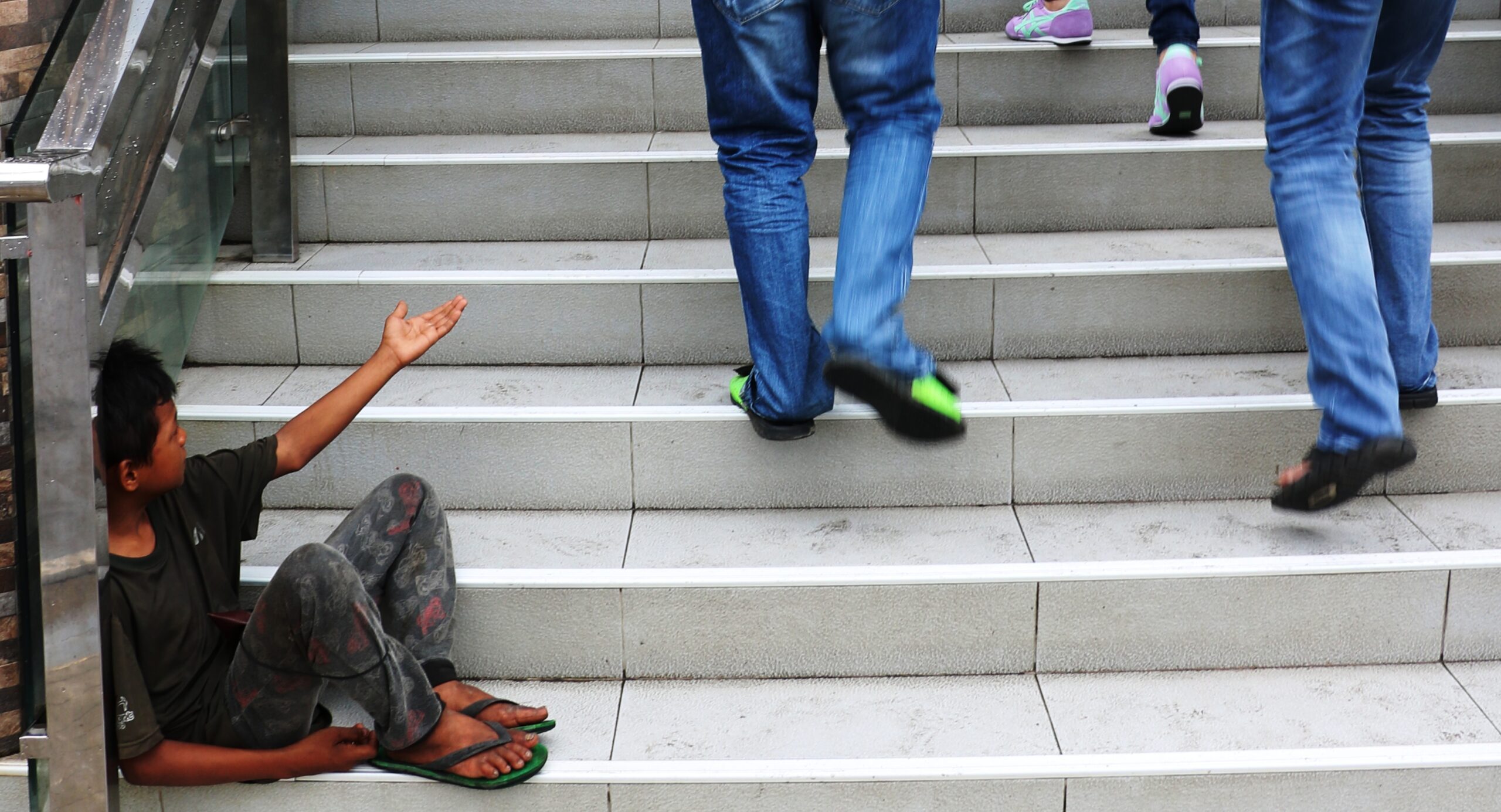
ZAMBOANGA DEL NORTE, Philippines – The Philippine Statistics Authority (PSA) said Zamboanga del Norte continues to be among the country’s seven poorest provinces in Mindanao as a local businessman here blamed high poverty incidence to “cartels, leadership and culture of silence.”
PSA publicly released on December 17 the poverty incidence statistics for the first semester of 2021 in which Zamboanga del Norte further dipped to second from the bottom with 53.6%.
The statistics showed that the poorest is Sulu Province with 71.9 poverty incidence. The third poorest province is Basilan with 46.7% followed by Sarangani 42.1%, Cotabato City with 42%, Agusan del Sur at 39.6 and Tawi-Tawi at 39.5.

For the first semester in 2018, Sulu was also the highest pointer with 66.7% poverty incidence. Second was Basilan at 65.5%, followed by Cotabato City at 42%, Zamboanga del Norte at 41.5%, Sarangani at 40.8%, Agusan del Sur at 32.6% ang Tawi-Tawi at 17.7%.
Zamboanga del Norte was declared the poorest province in 2004, which also has the poorest municipality – Siayan. But through the years Siayan was able to bring itself out of the poverty threshold while the province’s number of poor fluctuated until it went down again in the past three years.

After 17 years Zamboanga del Norte remains among the poorest, why?
“Extractive sectors in the society, which is an economic set up that allows small groups to extract wealth from the rest of the society,” lawyer Anecito Young, publisher of two local newspapers here, said.
Young said there are no longer checks and balances, and people are afraid to come out against the present set-up.
“We hardly generate employment and only a few investors come kay lisod-lisoron man (because government is giving them a hard time) by the leadership that has control over government institutions mandated to help the people,” he explained.
A local businessman, Joven Uy, agreed. He told Rappler on December 19 that there seemed to be cartels working within the many sectors of the community. However, nobody is willing to talk against these cartels because of fear of reprisal from powerful businessmen who allegedly have ties with local government officials.
“For example, rice production in Dipolog, the cost of palay plays around P12 per kilo, but when traders conspire and stop buying palay, farmers are forced to sell their palay at P10 per kilo,” Uy said.
He added that farmers barely earn because their earnings will be used to pay debts on producing rice, like the high cost of fertilizers, now at P2,000 per sack.

Mike Sanico, leader of a 3,000-member Lugdungan-Linabo Peak Farmers Association in the cities of Dipolog and Dapitan, also said that they hardly received support from the local government because its development thrust is focused on infrastructure.
The same is happening with the fisherfolks. A fisherman from Barangay Sicayab who asked not to be identified said that “middlemen with pumpboats buy their catch while they are still at sea, when they reach the shores, another group of middlemen with small trucks buy the catch and transport the catch to the market and sell the catch to small fish vendors.”
He said cost of the fish then rises many times because of the middlemen that are mostly controlled by a small group of big-time businessmen and of the local government that imposes every possible tax it can think of.
But Ernie Rojo, executive assistant to Dipolog Mayor Darel Dexter Uy, told Rappler in a cellphone interview on Monday, December 20 that he was not aware of any cartel operating in Dipolog.
“Hearing it from a person who will run for councilor in next year’s election… I’m curious,” said Rojo referring to Joven Uy, who is challenging the group of his own relative, the incumbent mayor.
At first, Rojo was responding to queries, but became evasive when pursued with the accusation that the city was barely giving support to the agriculture sector.
“I’m not the right person to answer you, you should ask the city agriculturist or the mayor himself. I will tell Mayor Darel about your request for interview, I’ll get back to you in an hour,” Rojo said, but the promised call did not happen.
The provincial government officials also refused to answer Rappler’s calls and text messages requesting for an interview about the PSA report about poverty incidence in the province. – Rappler.com
Add a comment
How does this make you feel?
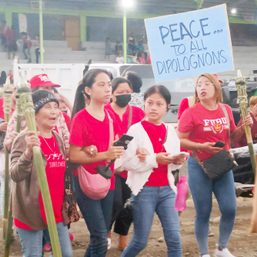

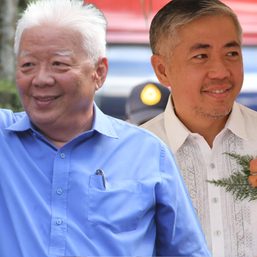
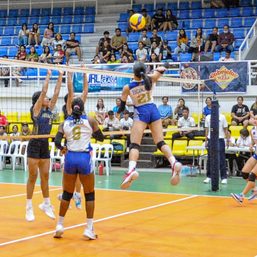

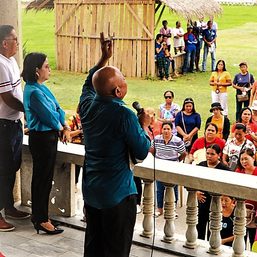
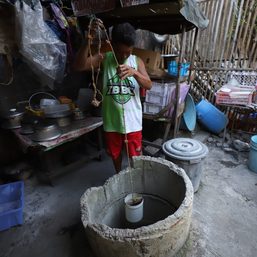
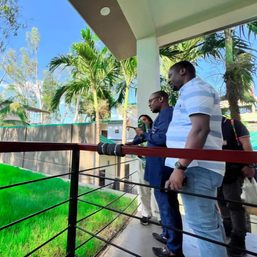
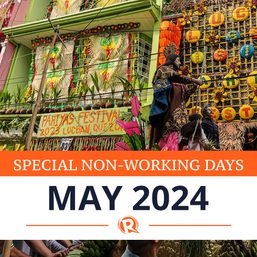
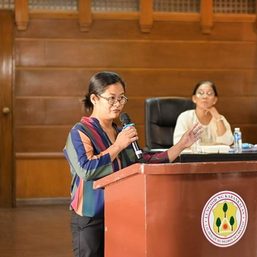
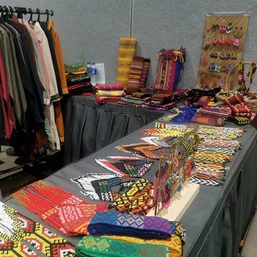

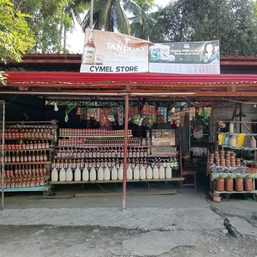
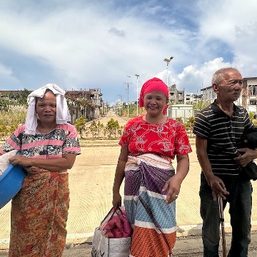
![[WATCH] In the Public Square with John Nery: Mindanao in Marcos’ first year](https://www.rappler.com/tachyon/2023/07/In-the-Public-Square-LS-SQ-1.jpg?resize=257%2C257&crop=387px%2C0px%2C1080px%2C1080px)

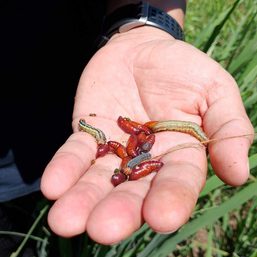
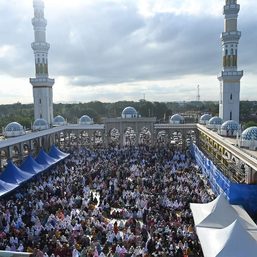
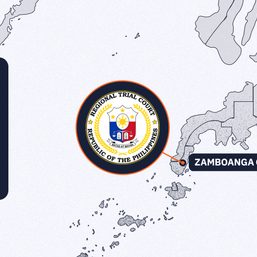
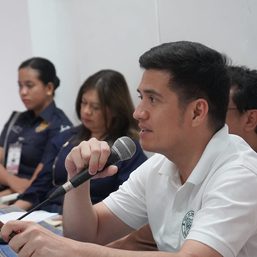
There are no comments yet. Add your comment to start the conversation.